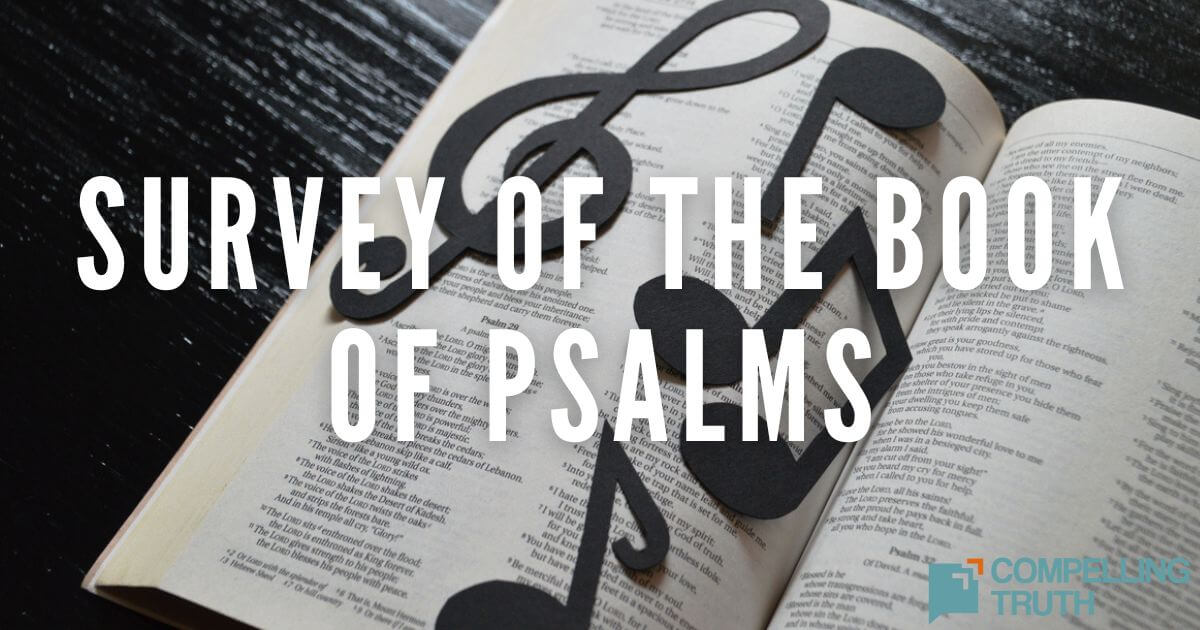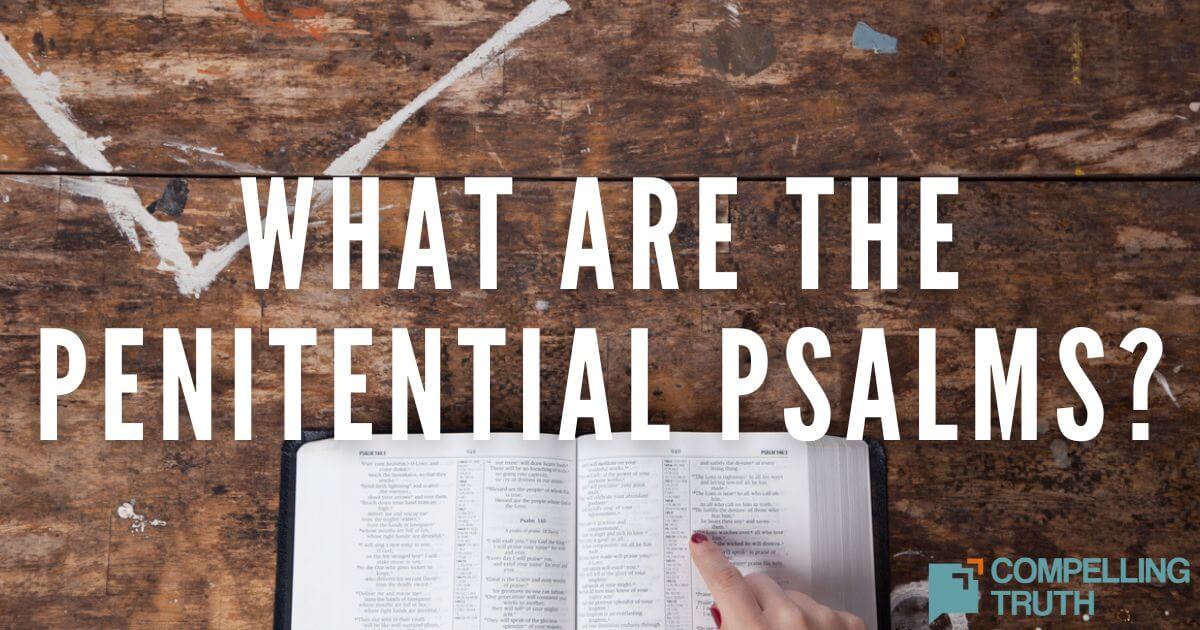Though the official definition of a maskil in the Book of Psalms is uncertain, Bible scholars have been able to link the word to the idea of wisdom and/or teaching. It could also be a musical performance term since it appears at the start of the psalm like the terms for the flutes (Psalm 5) or with stringed instruments (Psalm 54). Because music is often evocative of an emotion or story, it can have both a musical reference and a spiritual purpose. For example, when composers want to evoke a somber mood, they will use a minor key at a slower tempo. It could be that when the musicians saw the term maskil, they understood the style, tempo, key and end purpose of the piece to be performed.
There are 13 of the 150 Psalms with the term maskil (also written as maschil): Psalms 32, 42, 44, 45, 52, 53, 54, 55, 74, 78, 88, 89, and 142. Of those, David wrote six (Psalms 32, 52—55, and 142), the Sons of Korah wrote three (Psalms 42, 44, 45), Asaph wrote two (Psalm 74, 78), Heman the Ezrahite wrote one (Psalm 88), and Ethan the Ezrahite wrote one (Psalm 89).
Psalm 42 is perhaps one of the better known maskils in Psalms. From the Sons of Korah, it is a meditation on deep feelings of sadness and distress. It teaches us to examine those feelings but then to turn to what we know of God: "Hope in God; for I shall again praise him, my salvation and my God" (Psalm 42:11b). One could imagine that the music for the psalm would start out somber with a feeling of heaviness, but by the end, with those last words of hoping in God, it would end bright and triumphal.
Other literary and musical terms include selah, higgaion, and michtam. The specific meanings for these are also largely lost to us, though many believe selah means "to pause" (Psalm 66 for example). It should not distress us to not have the exact meaning behind just these few words. The deeper truths lie in the psalms themselves, which communicate a rich exchange of prayer and praise between humans and God.
The Book of Psalms is the largest book in the Bible. Its dedication to meditation, remembrance, music, and worship should tell us something about God and His heart for this literary genre. We experience the power of music in everyday life from commercials and movies to concerts and playlists. Music's ability to refresh, sadden, steady, or elate us is something humans learn early on. "There are few things that stimulate the brain the way music does," says one Johns Hopkins otolaryngologist (https://www.hopkinsmedicine.org/health/wellness-and-prevention/keep-your-brain-young-with-music). God as our Creator understood that music has a special influence on us. The Psalms are our gateway into the Creator's heart for music and worship.
There are 13 of the 150 Psalms with the term maskil (also written as maschil): Psalms 32, 42, 44, 45, 52, 53, 54, 55, 74, 78, 88, 89, and 142. Of those, David wrote six (Psalms 32, 52—55, and 142), the Sons of Korah wrote three (Psalms 42, 44, 45), Asaph wrote two (Psalm 74, 78), Heman the Ezrahite wrote one (Psalm 88), and Ethan the Ezrahite wrote one (Psalm 89).
Psalm 42 is perhaps one of the better known maskils in Psalms. From the Sons of Korah, it is a meditation on deep feelings of sadness and distress. It teaches us to examine those feelings but then to turn to what we know of God: "Hope in God; for I shall again praise him, my salvation and my God" (Psalm 42:11b). One could imagine that the music for the psalm would start out somber with a feeling of heaviness, but by the end, with those last words of hoping in God, it would end bright and triumphal.
Other literary and musical terms include selah, higgaion, and michtam. The specific meanings for these are also largely lost to us, though many believe selah means "to pause" (Psalm 66 for example). It should not distress us to not have the exact meaning behind just these few words. The deeper truths lie in the psalms themselves, which communicate a rich exchange of prayer and praise between humans and God.
The Book of Psalms is the largest book in the Bible. Its dedication to meditation, remembrance, music, and worship should tell us something about God and His heart for this literary genre. We experience the power of music in everyday life from commercials and movies to concerts and playlists. Music's ability to refresh, sadden, steady, or elate us is something humans learn early on. "There are few things that stimulate the brain the way music does," says one Johns Hopkins otolaryngologist (https://www.hopkinsmedicine.org/health/wellness-and-prevention/keep-your-brain-young-with-music). God as our Creator understood that music has a special influence on us. The Psalms are our gateway into the Creator's heart for music and worship.



